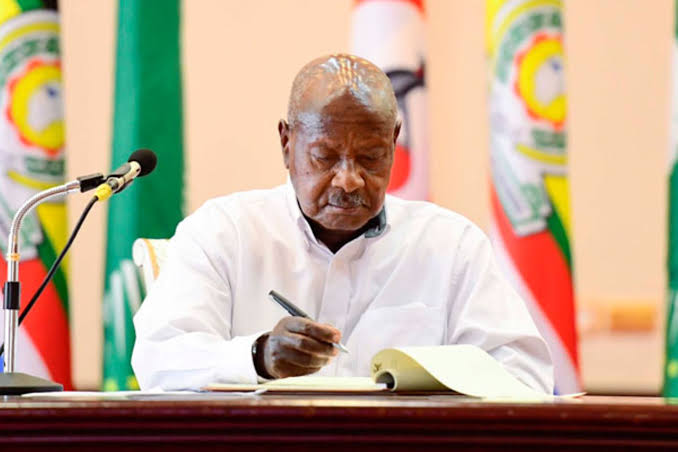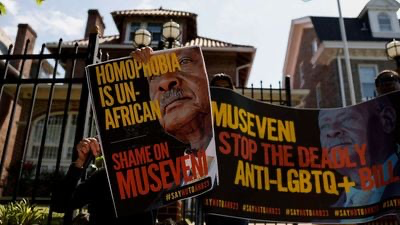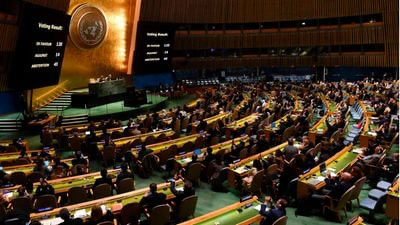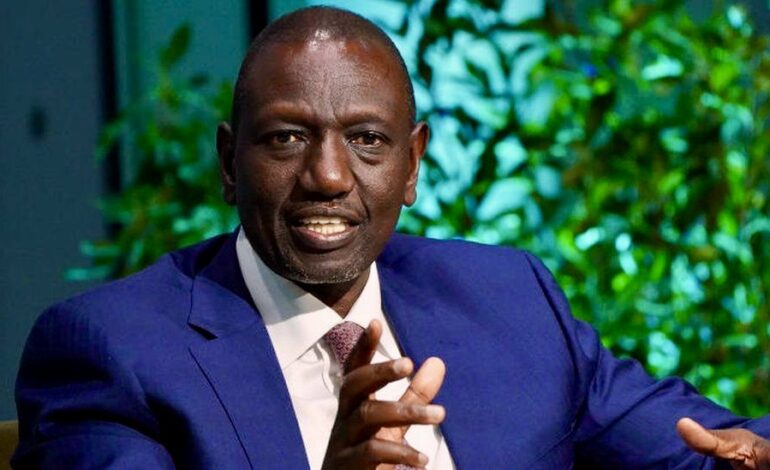
Faith Nyasuguta
Uganda’s anti-homosexuality law is facing increasing international scrutiny, especially from development partners like the United States, with pressure piling on President Yoweri Museveni to reverse it.
Over the weekend, the US issued its second advisory in four months, cautioning its citizens to exercise care while in Uganda, when traveling to the country, or conducting business there.
This advisory highlighted concerns about corruption and the severe restrictions on human rights, including the newly enacted anti-homosexuality law.
Various prominent American companies, such as Citibank, Prudential, John Deere, FedEx, Ernst & Young, Deloitte, Price Waterhouse Coopers, and American Tower Corporation, operate in Uganda. The Ugandan Government, however, downplayed the advisory, arguing that these companies have limited investments that would not significantly impact the country’s economy if they were to shut down their operations.
Nonetheless, Dr. Fred Muhumuza, a development policy expert, emphasized that the US advisory’s implications go beyond American firms. He noted that any company doing business with Uganda could potentially face restrictions in other countries, including the United States.
Foreign direct investment (FDI) in Uganda had been on the rise, reaching $1.5 billion for the year ending April 2023, contributing over four percent to Uganda’s GDP.
However, the timing of the US advisory is concerning, as the Ugandan government was in discussions with the World Bank to revive financing crucial for the country’s economic health. The World Bank had frozen funding after the anti-homosexuality law was passed.
The law has faced widespread international condemnation, including calls from US President Joe Biden for its immediate repeal. The law stipulates that engaging in homosexual acts is punishable by life imprisonment.
President Biden also indicated that the US could consider imposing sanctions on Uganda and restricting entry into the US for individuals involved in human rights abuses or corruption.
The World Bank followed suit, suspending funding to Uganda in line with its commitment to inclusivity and non-discrimination. The bank’s stance is that no new public financing will be presented to its Board of Executive Directors until measures to protect sexual and gender minorities are effectively tested in Uganda.
President Museveni’s government remains defiant, stating that it will not be intimidated by the US or Western pressure over the anti-gay law. Uganda has substantial loan facilities with the World Bank, including projects worth billions of dollars. The World Bank had previously postponed a $90 million loan intended for health sector support in response to the 2014 version of the anti-gay law.

Uganda’s 2023/24 budget estimates reveal the country’s dependence on foreign donors. Approximately 50 percent of the health budget is funded by the European Union and the United States, with the US contributing around 32 percent of total health spending and 76 percent of all foreign contributions to Uganda’s health sector.
The US advisory is a calculated move to signal its discontent with the situation in Uganda, aiming to influence the World Bank’s decision to resume funding only when LGBTQI+ individuals are safeguarded in the programs it supports.
Despite Uganda’s attractive investment environment driven by a free-market economy and a liberal financial system, the country faces challenges such as corruption, weak rule of law, threats to internet access (notably the prolonged closure of Facebook), and an aggressive tax collection regime by the Uganda Revenue Authority.
The anti-gay law adds to these challenges, creating opportunities for interference with businesses due to its requirement to report LGBTQI+ individuals to authorities, potentially facilitating corruption and hindering competition.
Thus far, Uganda’s anti-homosexuality law continues to be a contentious issue with far-reaching implications. The recent US advisory and the World Bank’s suspension of funding have put significant pressure on the government, both in terms of human rights and its economic stability.
Uganda faces crucial decisions on how to navigate these international pressures while maintaining its sovereignty and economic well-being.
RELATED:




